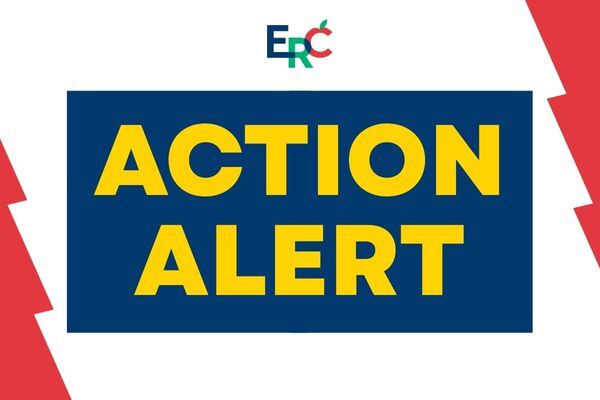Supreme Court announces decision lowering standard of proof for student discrimination lawsuits
On June 12, the U.S. Supreme Court announced a unanimous decision ensuring that students who bring ADA and Section 504 claims of discrimination against their school district are no longer held to a higher, more difficult standard of proof than non-students.
In A.J.T. v. Osseao, a student with epilepsy had very severe seizures in the morning, preventing her from attending school until noon. Her parents sought a longer school day for her, one equal in length to her non-disabled peers. The school district denied this request, and the family sued the district for disability discrimination.
The 8th Circuit ruled in favor of the parents under IDEA, saying the district owed compensatory education and a revised IEP, but rejected the parents claim for other injunctive relief and money damages under the ADA and Section 504. The 8th Circuit said the parents had not proven "bad faith and gross misjudgement" by the district. That level of proof is not required in other non-student claims of discrimination on the basis of disability.
The Supreme Court held that students should only have to prove what everyone else must. The standards in other cases do not require a showing of "intent" for injunctive relief and only need to show "deliberate indifference" for money damages.
The practical result of this decision is that districts who engage in discrimination on the basis of disability are likely to face more liability, and people are going to be more aware about how to bring Section 504/ADA claims.

